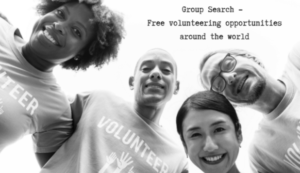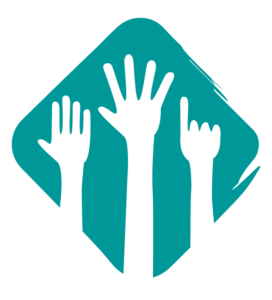source: freepik
The Weight of Water: how African women bear the burden of a Global Crisis
In sub-Saharan Africa, the task of collecting water predominantly falls upon women and girls, with profound consequences for their lives and communities.
An estimated 14 million women in this region undertake long journeys to fetch water, often spending up to 200 million hours daily on this essential chore.
This daily obligation significantly impedes educational and economic opportunities. Time spent collecting water is time not spent in school or engaging in income-generating activities, perpetuating cycles of poverty and gender inequality. Moreover, the physical burden of carrying heavy water containers can lead to health issues, including musculoskeletal problems.
Environmental challenges, such as climate change, exacerbate the situation by affecting water availability. Droughts and floods disrupt traditional water sources, making the task of water collection even more arduous and unpredictable.
Efforts to address this issue include the implementation of solar-powered water pumps, which provide sustainable access to groundwater. Organizations like Innovation: Africa have completed over 1,200 projects, delivering clean water to more than 5.4 million people across 10 African countries. However, challenges remain in ensuring equitable access and preventing the over-extraction of groundwater resources.
Achieving water security in Africa requires substantial investments in infrastructure and sustainable management practices. The African Development Bank’s water and sanitation portfolio of $473 million in 2022 aimed to provide water access to an estimated 6.8 million people, creating over 24,000 jobs.
Addressing the water collection burden is crucial for advancing gender equality, improving health outcomes, and fostering economic development. It demands a concerted effort from governments, international organizations, and local communities to implement sustainable solutions that ensure all individuals have access to safe and reliable water sources.
Sources:
- https://iwa-network.org/learn/women-in-water-africa/
- https://apnews.com/article/cop29-climate-finance-international-food-aid-agriculture-ba53edf6360211643ba9d8fa66793b61
- https://www.theguardian.com/global-development/article/2024/sep/09/africa-water-access-solar-pump-technology-groundwater-hydrogeology-sustainable-fair
- https://www.afdb.org/en/news-and-events/world-water-day-2023-accelerating-change-solving-africas-water-and-sanitation-crises-59935
Go back to our BLOG section🌐
See volunteer projects in
Biodiversity
🍄
and
Conservation
🌿
Read the complete article 👇🏻








